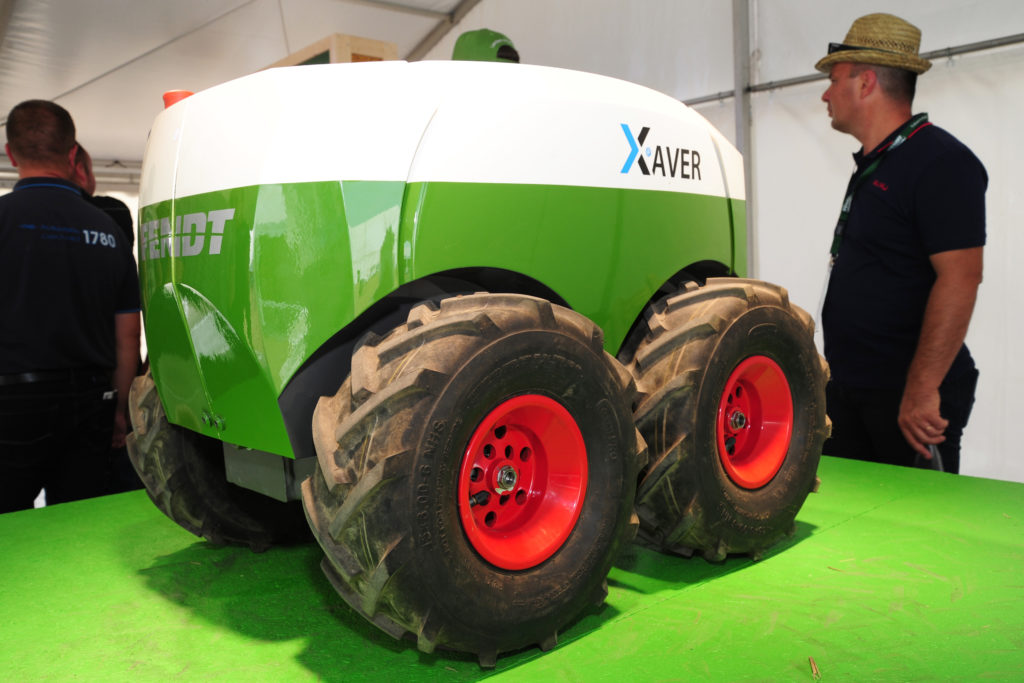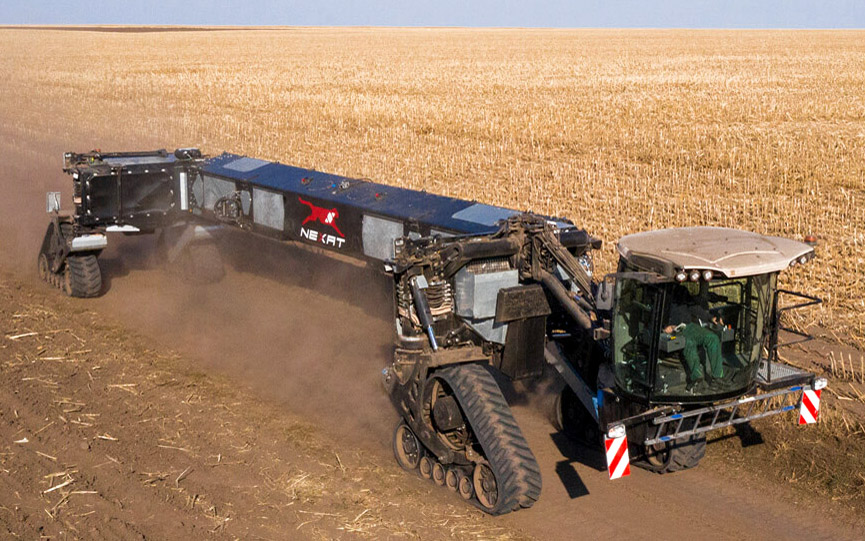CEMA is the association representing the European agricultural machinery industry and it has recently raised a red flag over the proposed implementation of EU-wide cybersecurity regulations.
The increasing use of driver assistance features and the greater connectivity of all vehicle types has highlighted the need for watertight security systems to help ensure that they are not hacked or otherwise corrupted.
Safety is paramount
Many, if not all of these systems are safety critical and it is therefore imperative that the installed software works as intended, and is not liable to malevolent or accidental alteration that degrades its security.
To this end, both the United Nations (UN) and the EU are working towards a set of regulations that will set standards for cybersecurity and over-the-air software updates.

The proposed implementation is set for 2024, but it appears that the legislation is being framed around the requirements of the auto industry rather than the whole gamut of vehicle types now in use.
CEMA sets out its case
The organisation has brought together its concerns in a recently published position paper that summarises the issues involved.
The statement reads:
“Considering the low level of participation in road traffic and the small size of the industry compared to the automotive sector, the additional effort required is enormous and many manufacturers are unable to handle it.
“In addition, the area of application of the assistance systems is mainly off road, in-field, and a large number of vehicles offered do not have any assistance systems at all,” the statement continued.
The major objection to the way in which the legislation is framed is that the various types of agricultural vehicle in use are divided over three categories, and a further category is not included at all.

The three categories are trailers, interchangeable towed equipment and tractors. The fourth, self-propelled machinery, does not appear in the UN regulations, but it is covered in the EU Machinery Directive now being drawn up.
The problem identified by CEMA is that there are different legal frameworks for each type of vehicle involved. This could entail a company having to take on board, and conform to, three or four sets of regulations to cover its product range.
Such a scenario will be a nightmare for all manufacturers, especially the smaller ones without the resources to ensure compliance and then, presumably, police it going forward.
It is also noted by the organisation, that tractor registrations within the EU are around 1% of that of cars, and most of those cars are produced by large corporations which produce that same basic product.
A different horse for a different course
On the other hand, the agricultural machinery industry comprises a multitude of smaller companies producing a hugely diverse range of equipment.
While it may be relatively easy for the likes of Ford or Toyota to absorb the costs of new regulations, small and medium-sized enterprises (SMEs) are not so well positioned, especially when those regulations are shaped primarily to fit the auto industry.

CEMA has asked for a more flexible approach to be taken, one that is industry-specific rather than an imposition of a blanket of regulations that, in many cases, are just not applicable to farm machinery.
The agricultural machinery industry is hugely important within Europe. There are over 7,000 different manufacturers which directly employ over 150,000 people.
It is a strong, vibrant industry that is also highly innovative and has brought great efficiencies and production gains to farming.
Constraining innovation
The advent of digital technology further increases those gains, but there is a threat that clumsy regulation of its implementation will have an adverse effect on progress.
CEMA has brought to our attention that in its enthusiasm for autonomous cars, the auto industry could well stifle innovation in other areas due to the rushed introduction of legislation that favours road vehicles above all else.
